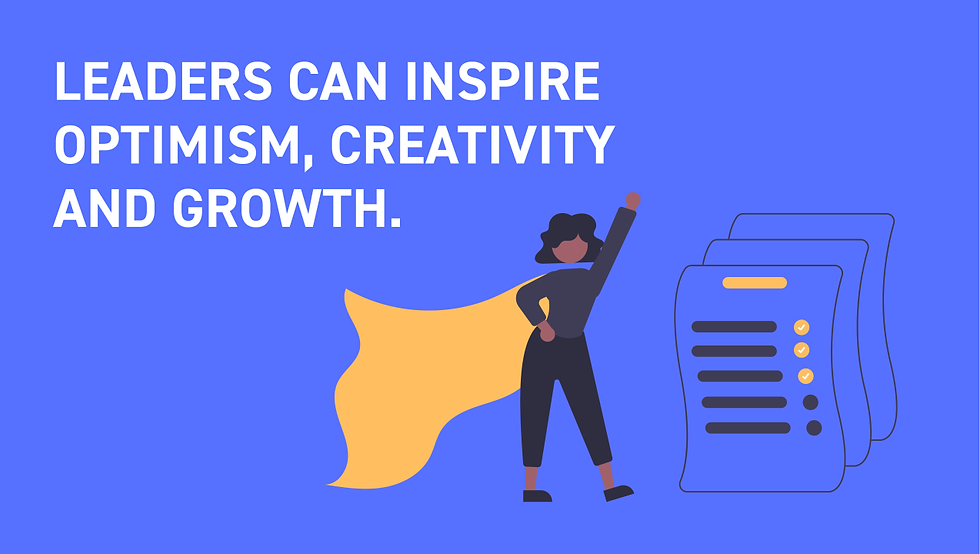Time Is of the Essence
- Eric Cabigting
- Sep 2, 2022
- 3 min read

You can use time to make money, but money can't buy you time.
That’s how essential time is, and the subject of my recent talk at Ely Lilly Middle East and Africa focusing on a trend that has been gaining traction in the business world lately.
It’s called essentialism, based on a 2014 book titled Essentialism: The Disciplined Pursuit of Less written by Greg McKeown, a well-known author, public speaker and leadership strategist.
We often hear people saying, “I don’t have enough time” or “So little time, but so much work to do!”. Which is why this may sound as a surprise to many, but time is a variable that we can ACTUALLY control.
Working with executives in Silicon Valley, McKeown found that the undiscipline pursuit of more in business around the world have led to a paralysis as well as waste of valuable resources, including time and money.
The perfect antidote to that, the author argues, is the disciplined pursuit of less, which he calls essentialism – a practice that calls for exploring the very critical things you want to pursue, eliminating the rest, and building a platform for effortless executions.
Building on these thoughts, I spoke at length about how business leaders can harness the foundations of essentialism to enhance productivity and have the potential to better achieve success, within and outside the organization.
Focusing on the very critical things requires that one must be present at the moment – to focus on what really matters and be clear about one’s deliverables and goals. It will help to get back to your own personal “why’s” or get clarity on the purpose for the existence of your business.
This will help achieve a better focus, with all your efforts and resources focused on the essentials, avoiding distractions and eliminating the non-essentials that are irrelevant to your purpose.
This is a philosophy that must be embraced across the entire organization, with business leaders setting the example, by walking the talk. Any business transformation is likely to achieve the intended results when everyone in the organization is on board with the initiative, especially when they see their leaders actively being involved.
The sharp-minded focus on the essential, I must point out, is not a rigid call to be inflexible. Rather, it is a disciplined effort to achieve what matters most for the business, constantly reminding all stakeholders of the values that the organization stands for to ensure the business’ collective success.
Essentialism takes time and requires enough space for every one to think through what is essential to the business. McKeown shares a routine by a C-suite executive respondent in his book who allocates two hours of each day, spaced into several segments, in which he takes the time to process what is important, either on a daily basis or over the long-term. The routine, according to the author, is important to get the ‘bigger picture’, a better perspective on where efforts and resources must be leveraged to achieve better productivity and, ultimately, success.
Another CEO interviewed by McKeown for his book suggests experimenting with being able to say “no’ which allowed her to manage workloads more efficiently and achieve better outcomes. She had to learn to let go of people and commitments that didn’t mean anything to her, or to the business that she was tasked to lead.
For this business leader, being selective about what is essential can help reduce pressure and stress, as well as wasted hours and resources, while at the same time enable everyone to improve the quality of their work.
Essentialists are people who have learned and practiced the art of saying no. People should be allowed to experiment to say no, to do it gracefully, but unapologetically because doing so will help us all bring ourselves to focus on what is truly essential.
To succeed in this practice, one must have a growth mindset, while fully embracing the challenges that come along the way. The path to success is never easy, but it helps to see that behind every challenge is an opportunity – to learn, grow and move on to the next level of your growth journey.



Comments